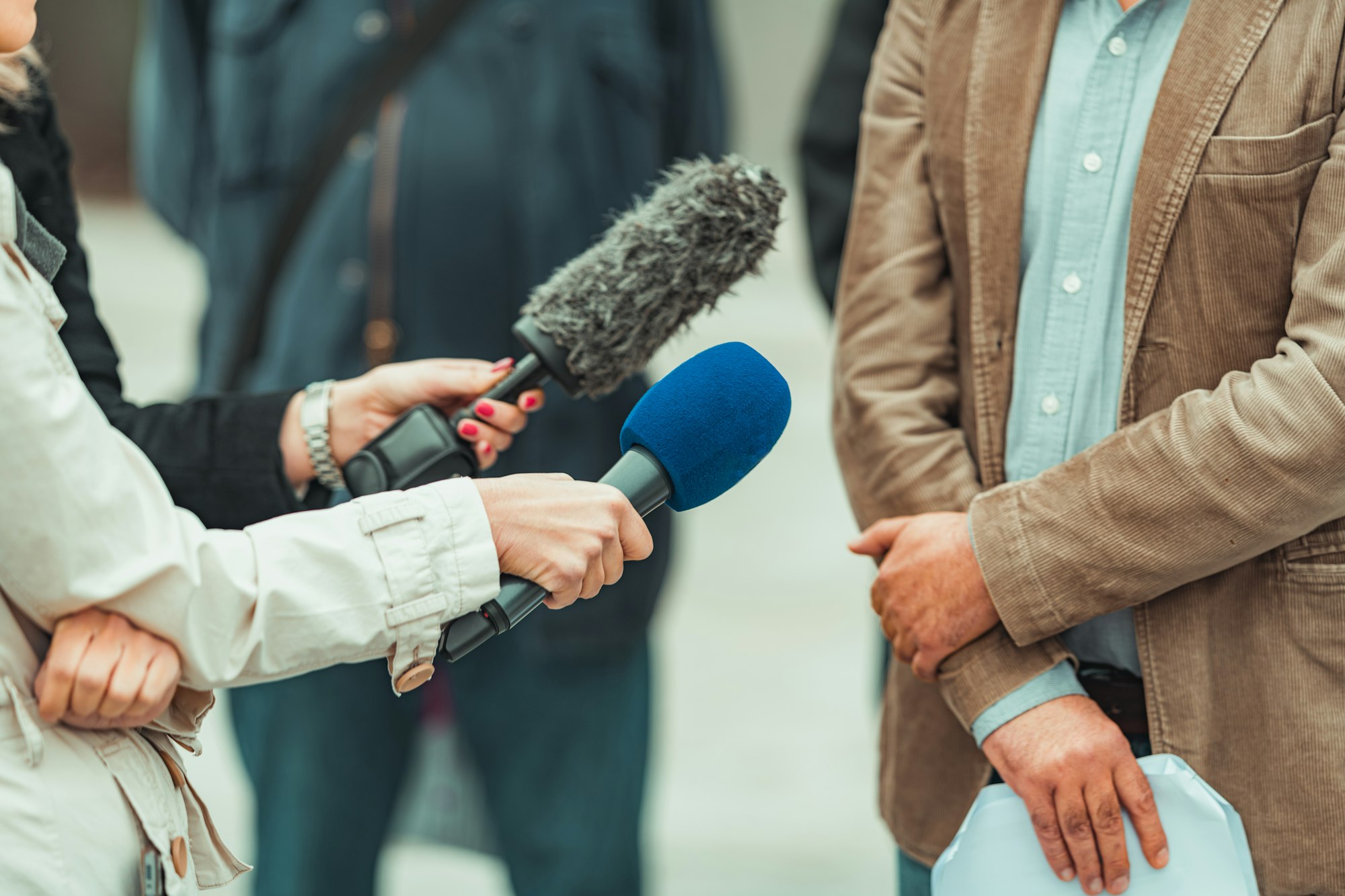Artificial Intelligence (AI) is revolutionizing our daily lives, impacting everything from healthcare to finance, and beyond. But as AI’s influence grows, so do the risks associated with its development. A whistleblower’s revelations in a recent New York Times article have cast light on these dangers, underscoring the need for increased oversight. But what are these risks, and why are whistleblowers so crucial?

Exploring the Risks Associated with AI
AI’s ability to perform complex tasks quickly and efficiently is impressive, but it’s not without potential pitfalls. Here’s what we need to watch out for:
- Unregulated Development: The race to innovate often pushes companies to prioritize speed over safety, leading to insufficiently tested AI products that might act unpredictably or harmfully.
- Bias and Discrimination: Since AI learns from data, biases in that data can lead to discriminatory outcomes in everything from hiring practices to law enforcement.
- Loss of Control: More autonomous AI systems could make decisions that humans can’t easily understand or reverse, raising serious ethical and legal concerns.
- Job Displacement: AI’s efficiency might be good for business but can lead to significant job losses in various sectors as machines replace human workers.
- Weaponization: The use of AI in military applications poses grave ethical issues, especially if deployed with minimal human oversight.
The Critical Role of Whistleblowers
Whistleblowers in AI act as internal watchdogs, alerting the public and regulatory bodies to unsafe practices and ethical breaches within their companies. Despite the personal risks they face, their disclosures are vital for public safety and the ethical development of AI.
Why do we need whistleblowers in AI?
- Breaking Corporate Secrecy: Many AI initiatives are shrouded in secrecy due to competitive pressures. Whistleblowers help pierce this veil, exposing hidden dangers.
- Highlighting Ethical Concerns: The fast pace of AI development can sideline ethical considerations. Whistleblowers bring these issues to the forefront, ensuring they are addressed.
- Informing Regulation: As governments strive to keep up with AI advances, whistleblowers provide essential data that can guide regulatory efforts, helping to shape policies that safeguard the public.
Broadening the Discussion on AI Safety and Regulation
The New York Times article provides a starting point, but we need a more comprehensive discussion on several fronts:
- Global Regulation Variance: AI regulation varies dramatically around the world. While the EU has stringent AI laws, other regions lag behind, creating a patchwork of standards that can be exploited.
- The AI Alignment Problem: Aligning AI’s goals with human ethics is a critical challenge. Ensuring AI decisions reflect human values is paramount as these systems gain autonomy.
- Public Participation: Regulation shouldn’t be left only to companies and governments. Public involvement is crucial in shaping AI policies that reflect communal values and priorities.
- Addressing Long-Term Risks: The potential for AI to develop beyond human control—becoming “superintelligent”—remains a concern. Whistleblowers help highlight these existential risks, prompting a broader evaluation of AI’s long-term impact.
Conclusion
AI offers transformative potential but also poses significant risks. Whistleblowers are indispensable in identifying and mitigating these risks, ensuring that AI develops in a manner that is safe, ethical, and accountable. As we forge ahead, their courage and the information they provide will be crucial in guiding us toward a future where AI serves humanity positively, without unforeseen consequences.
By understanding these risks and supporting those who brave the consequences to expose them, we can better navigate the complex landscape of AI development.

FAQ: Understanding AI Risks and the Role of Whistleblowers
1. What are the main risks associated with AI development?
The primary risks include unregulated development, where AI is deployed without adequate testing, leading to potentially harmful decisions; bias and discrimination, as AI can replicate biases from the data it’s trained on; loss of control over autonomous AI systems; job displacement due to automation; and the possibility of AI being used in weapon systems with limited human oversight.
2. Why are whistleblowers important in the AI industry?
Whistleblowers play a crucial role by exposing unsafe or unethical practices within AI companies. They help break corporate secrecy, highlight ethical concerns that might be ignored in the rush for innovation, and provide essential information that can shape regulations and policies to ensure AI is developed safely and responsibly.
3. How can governments and the public ensure AI is developed ethically?
Governments need to create robust regulations that keep pace with AI advancements. Public involvement is also key—educating people about AI risks and ethics helps ensure that regulations reflect societal values. Whistleblowers can aid in providing transparency, guiding both public and governmental efforts to hold AI companies accountable.
Sources The New York Times


